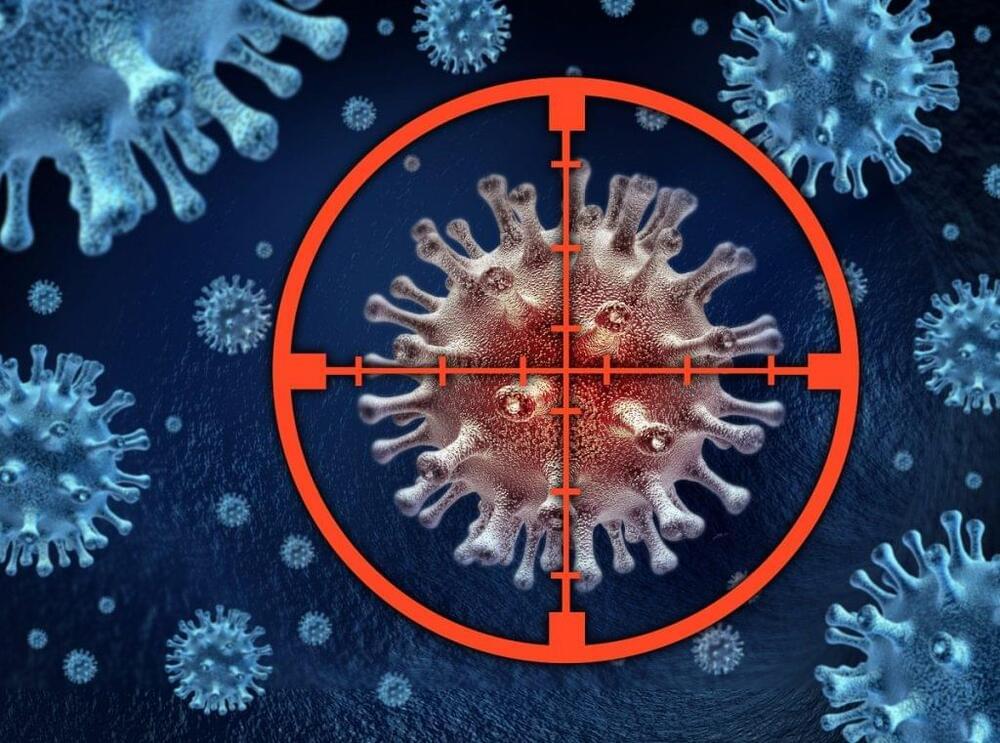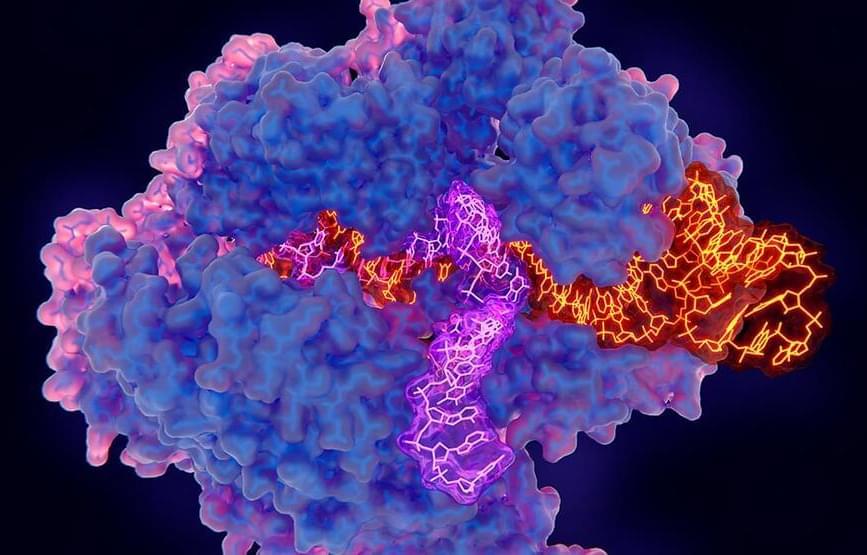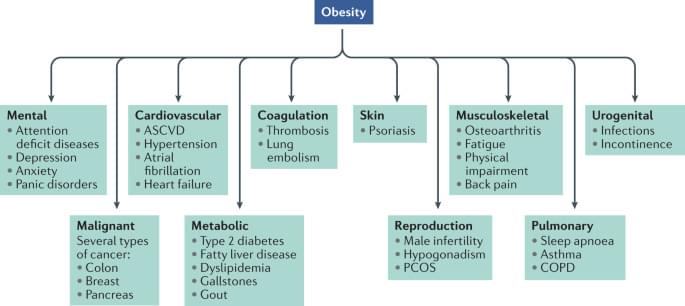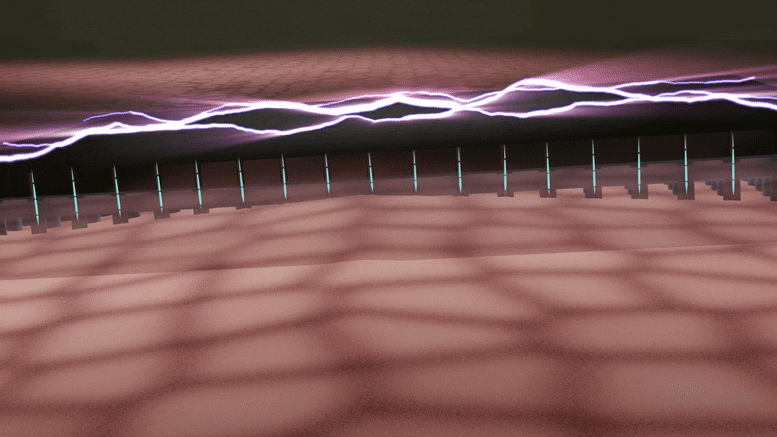Paradromics is a company developing brain computer interfaces that will help people with disabilities in communicating again. Their product will be the brain computer interface with the highest data rate ever developed. Will it compete with other companies like Neuralink or Kernel in the race to reading the brain?
0:00 Introduction to Paradromics.
1:45 The Product.
5:57 The Surgery.
7:41 Commercial availability.
Check out also this video on another Neuralink competitor, Kernel: https://youtu.be/DUICwT-fqt0
Subscribe for more content! 👇
–
Sources:
Official Paradromics website: https://paradromics.com/
Paper — Laser Ablation of the Pia Mater for Insertion of High-Density Microelectrode Arrays in a Translational Sheep Model https://www.biorxiv.org/content/10.1101/2020.08.27.269233v2
Paper — The Argo: A 65,536 channel recording system for high density neural recording in vivo https://www.biorxiv.org/content/10.1101/2020.07.17.209403v1.full.
Paper — The Argo: a high channel count recording system for neural recording in vivo https://iopscience.iop.org/article/10.1088/1741-2552/abd0ce.
Paper — Massively parallel microwire arrays integrated with CMOS chips for neural recording https://advances.sciencemag.org/content/6/12/eaay2789
Towards a High-Resolution, Implantable Neural Interface https://www.darpa.mil/news-events/2017-07-10
Matt Angle with an update from Paradromics and their new Neurotech Pub Podcast https://www.youtube.com/watch?v=oSZGk3Smhsc.
The Data Organ: Paradromics CEO Matt Angle On The Future Of The Brain-Computer Interface https://www.forbes.com/sites/johncumbers/2020/04/19/the-data…80a603d4ed.
–





